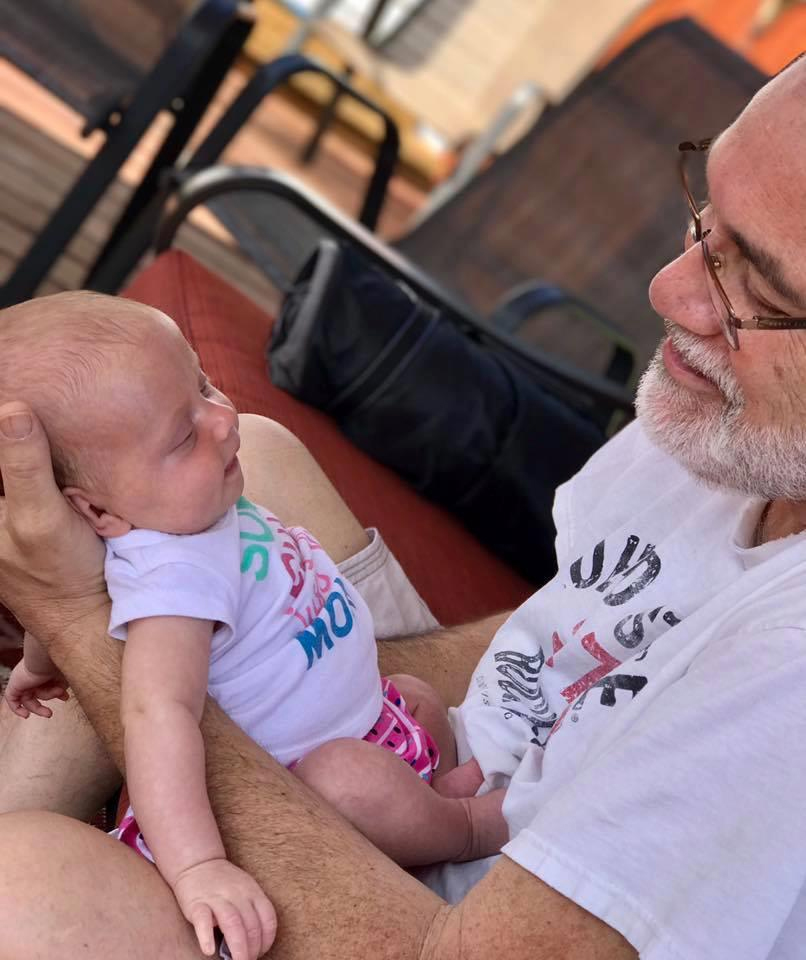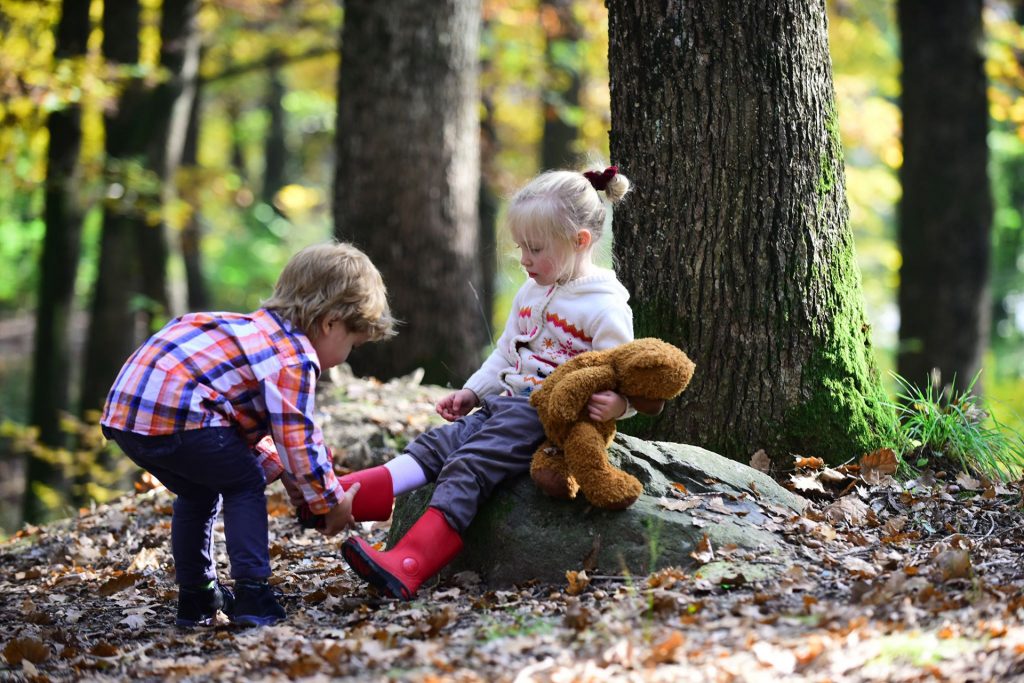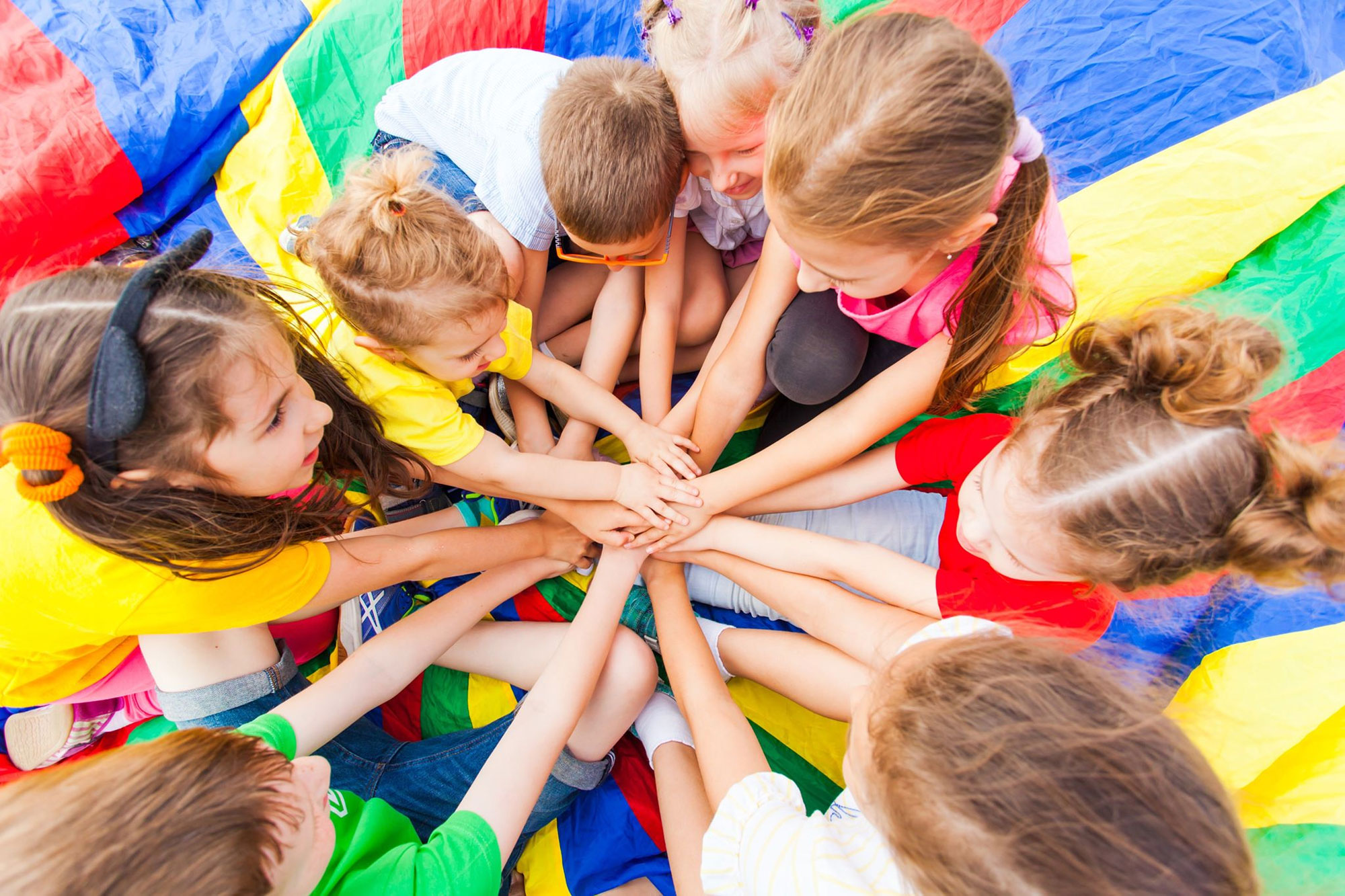“Love is the most powerful force in the universe and we have the extraordinary ability to give and receive it.”
― Tim A. Ewell
What Is Love?
How do you define love?
We sifted through many dictionaries searching for a set of words that truly captured its meaning and we found that all the definitions we read fell short. None of them truly defined love in all its power and glory. The definitions mostly focused on romantic love, familial love, or finding enjoyment or pleasure in something. There weren’t any definitions of divine love, that unconditional love which drives the universe and exists in all of us.
Love is truly the most powerful force known to man. Love is our highest good. It heals. It protects. It nurtures, uplifts, and transforms. Love is the sum of all the goodness of the human heart. It encompasses all of our virtues: patience, kindness, gratitude, acceptance, forgiveness, compassion, and empathy. Love is eternal and everlasting. Love never ends.

Here is what Albert Einstein had to say about love in a letter to his daughter Lieserl:
There is an extremely powerful force that, so far, science has not found a formal explanation to. It is a force that includes and governs all others, and is even behind any phenomenon operating in the universe and has not yet been identified by us.
This universal force is LOVE.
When scientists looked for a unified theory of the universe they forgot the most powerful unseen force.
Love is Light, that enlightens those who give and receive it.
Love is gravity, because it makes some people feel attracted to others.
Love is power, because it multiplies the best we have, and allows humanity not to be extinguished in their blind selfishness. Love unfolds and reveals.
For love we live and die.
Love is God and God is Love.
This force explains everything and gives meaning to life. This is the variable that we have ignored for too long, maybe because we are afraid of love because it is the only energy in the universe that man has not learned to drive at will.
To give visibility to love, I made a simple substitution in my most famous equation.
If instead of E = mc2, we accept that the energy to heal the world can be obtained through love multiplied by the speed of light squared, we arrive at the conclusion that love is the most powerful force there is, because it has no limits.
After the failure of humanity in the use and control of the other forces of the universe that have turned against us, it is urgent that we nourish ourselves with another kind of energy…
If we want our species to survive, if we are to find meaning in life, if we want to save the world and every sentient being that inhabits it, love is the one and only answer.
Perhaps we are not yet ready to make a bomb of love, a device powerful enough to entirely destroy the hate, selfishness and greed that devastate the planet.
However, each individual carries within them a small but powerful generator of love whose energy is waiting to be released.
When we learn to give and receive this universal energy, dear Lieserl, we will have affirmed that love conquers all, is able to transcend everything and anything, because love is the quintessence of life.
What’s Love Got to Do With it?
Why We Value Love in Education
If the purpose of education is to prepare our youth for life and help them reach their full potential, then how could love, the most powerful force within us, not be an integral part of it? Psychiatrist Viktor Frankl, while struggling to survive in a Nazi death camp, came to the realization that, “Love is the ultimate and highest goal to which one can aspire.” Love is what gives meaning to our lives. It eases our suffering and connects us to one another.
Imagine what our world would be like if love was the highest goal of education. Imagine what kind of society we could have if from pre-k through college, students were taught that love was the highest purpose, vision, intention, goal, and expectation for their lives? How might that transform the way they see themselves and others?
Love is truly the foundation for human life and as so, must be the foundation of our education system.
ALL YOU NEED IS LOVE <3
What’s Love Got to Do With it?
Why We Value Love in Education
If the purpose of education is to prepare our youth for life and help them reach their full potential, then how could love, the most powerful force within us, not be an integral part of it? Psychiatrist Viktor Frankl, while struggling to survive in a Nazi death camp, came to the realization that, “Love is the ultimate and highest goal to which one can aspire.” Love is what gives meaning to our lives. It eases our suffering and connects us to one another.
Imagine what our world would be like if love was the highest goal of education. Imagine what kind of society we could have if from pre-k through college, students were taught that love was the highest purpose, vision, intention, goal, and expectation for their lives? How might that transform the way they see themselves and others?
Love is truly the foundation for human life and as so, must be the foundation of our education system.
ALL YOU NEED IS LOVE <3
1 Corinthians 13: 4-8
What Is Kindness?
“Be Kind whenever possible. It is always possible.”
― Dalai Lama
Simply put, Kindness is love in action. It is taking the love you have in your heart and giving it away to another. To be kind is to be caring, generous, helpful, and supportive of others. Kindness doesn’t have to be a grand gesture. Even the smallest acts of kindness have the power to transform someone’s day.
What Is Kindness?
“Be Kind whenever possible. It is always possible.”
― Dalai Lama
Simply put, Kindness is love in action. It is taking the love you have in your heart and giving it away to another. To be kind is to be caring, generous, helpful, and supportive of others. Kindness doesn’t have to be a grand gesture. Even the smallest acts of kindness have the power to transform someone’s day.
“If you have the chance to be exposed to a loving, understanding environment where the seed of compassion, loving kindness, can be watered every day, then you become a more loving person.”
― Thich Nhat Hanh
Why is Kindness of Value in Education?
Kindness is both teachable and contagious. The more we practice kindness, the more likely we are to continue practicing it and the more we experiencing kindness from others the more we want to give it in return.
Of course, we all know kindness is inherently good. But, just in case you need more evidence, here are some scientifically proven benefits of kindness courtesy of Dartmouth College.
Kindness increases:
- Happiness
- Energy
- Pleasure
- Lifespan
- Serotonin, the feel good neurochemical
- Oxytocin, the love hormone
Kindness decreases:
- Anxiety
- Depression
- Stress
- Pain
- Blood pressure

Kindness in education will not only increase happiness, well-being, and community amongst students and teachers, but it also enhances learning and concentration by increasing serotonin in the brain and promoting positivity and cooperation.
That said, kindness isn’t something we need to force children to do. Instead, we must create kind, empathetic environments that encourage acts of kindness to happen naturally and when they do, we praise and reinforce them. It is no secret that individualistic and achievement driven environments tend to create competition which reduces kindness. What our education system needs is more opportunities for students to collaborate, cooperate, and work together, which in turn provides more emphasis on kindness and community.


